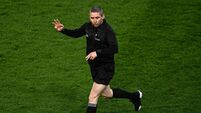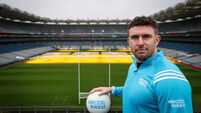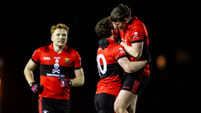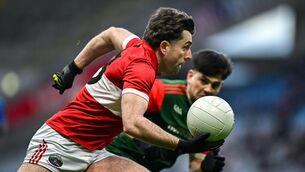Shorn some big names, Tipperary now showing real spirit, says Éamonn Fitzmaurice

Five members of last year’s starting team — Colin O’Riordan, Steven O’Brien, Seamus Kennedy, Paddy Codd and Barry Grogan — are not involved for a variety of reasons and the Kerry boss believes the 2015 supporting cast have relished being called centre stage this summer.
Take their performance against Cork.














